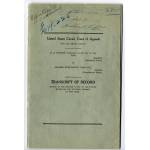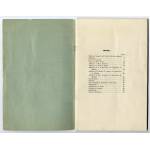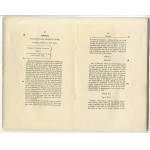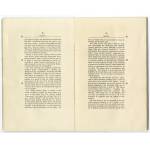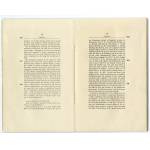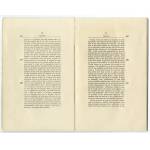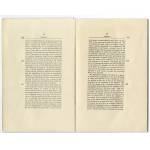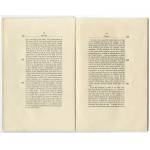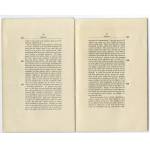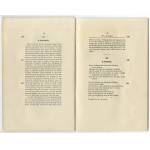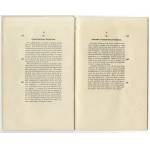Opinion in Masses Publishing Company v. T. G. Patten
7/24/1917 - 9/7/1917
Add to Favorites:
Add all page(s) of this document to activity:
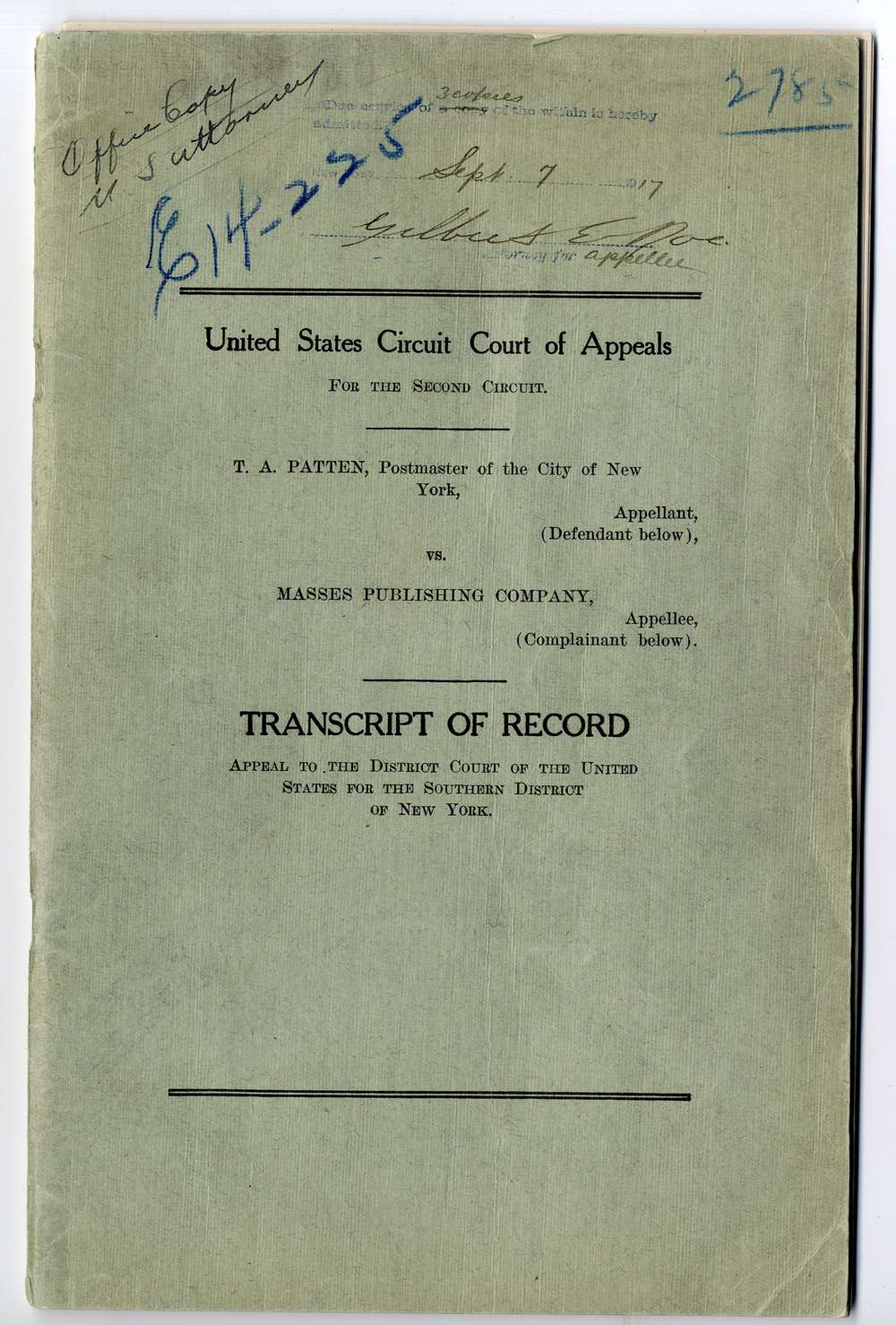
Add only page 1 to activity:
Add only page 2 to activity:
Add only page 3 to activity:
Add only page 4 to activity:
Add only page 5 to activity:
Add only page 6 to activity:
Add only page 7 to activity:
Add only page 8 to activity:
Add only page 9 to activity:
Add only page 10 to activity:
Add only page 11 to activity:
Add only page 12 to activity:
This is Judge Learned Hand's opinion in the court case Masses Publishing Company v. T. G. Patten, Postmaster of the City of New York. Judge Hand agreed with The Masses, a socialist magazine dedicated to “radical art and freedom of expression” after they were accused of violating the Espionage Act of 1917. It was the only court case that supported freedom of the press during World War I.
In the August 1917 issue of The Masses, the editors, artists, and writers crafted pieces that showed disapproval for America's involvement in WWI. This was dangerous because of the recent passing of the Espionage Act that made it illegal to make any statements that would interfere with military operations, promote the success of the enemy, cause insubordination by soldiers or obstruct the draft. The maximum sentence was 20 years in jail.
The act also gave the Post Office the power to seize any controversial periodical that went through the mail as “non-mailable.“ The Masses August issue was seized by New York City’s Postmaster T. G. Patten. Judge Hand supported the right of The Masses to publish by saying nothing within the journal directly advocated resistance to the law.
The Government appealed and indicted seven staff members of The Masses for espionage. After two hung juries and with the war already over, the government decided to stop prosecution in the case.
The Federal Government made over 2,000 arrests and 1,000 convictions in relation to the Espionage act, commonly called the Sedition Act.
This document is featured in the primary source-based student workbook "Putting the Bill of Rights to the Test."
The act also gave the Post Office the power to seize any controversial periodical that went through the mail as “non-mailable.“ The Masses August issue was seized by New York City’s Postmaster T. G. Patten. Judge Hand supported the right of The Masses to publish by saying nothing within the journal directly advocated resistance to the law.
The Government appealed and indicted seven staff members of The Masses for espionage. After two hung juries and with the war already over, the government decided to stop prosecution in the case.
The Federal Government made over 2,000 arrests and 1,000 convictions in relation to the Espionage act, commonly called the Sedition Act.
This document is featured in the primary source-based student workbook "Putting the Bill of Rights to the Test."
This primary source comes from the Records of District Courts of the United States.
Full Citation: Opinion in Masses Publishing Company v. T. G. Patten; 7/24/1917 - 9/7/1917; E14-225; Masses Publishing Company v. T. G. Patten, Postmaster of the City of New York; Equity Case Files, 1868 - 1975; Records of District Courts of the United States, Record Group 21; National Archives at New York, New York, NY. [Online Version, https://docsteach.org/documents/document/masses-v-patten-opinion, April 26, 2024]Rights: Public Domain, Free of Known Copyright Restrictions. Learn more on our privacy and legal page.



